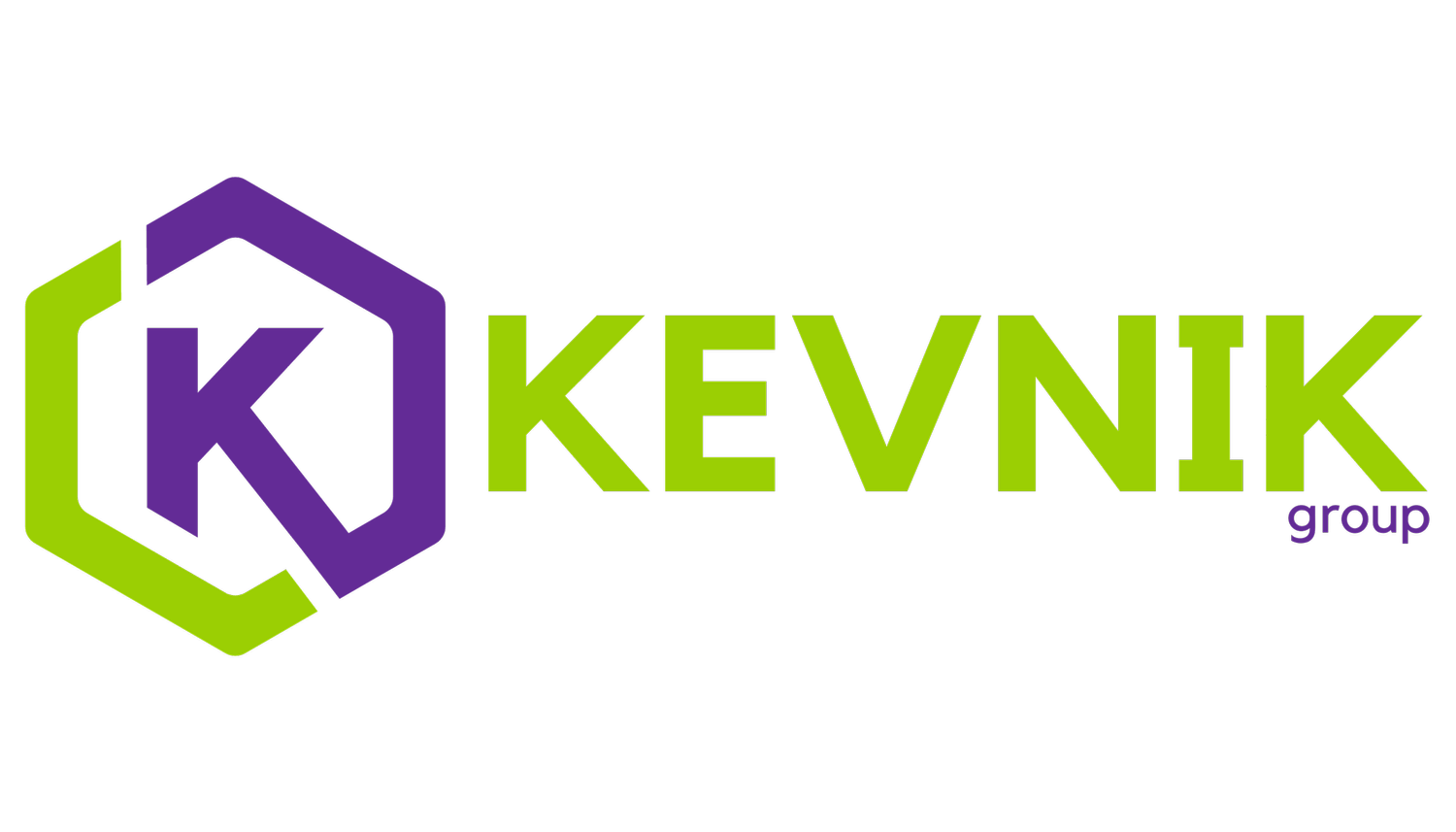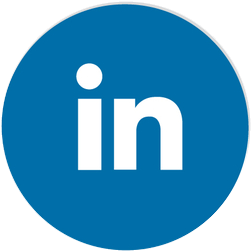Here's this week's roundup of news and resources, just for you.
Quick takeaways:
Today's hot luxury home design trends.
Why first-time homebuyers are finding it hard to compete.
Steer clear of these real estate marketing mistakes!
Could floating cities be in our future?
These three mortgage industry trends will shape the remainder of 2021.
Read on for our coverage.
What's Trending in High-End Home Design
The ability to advise your clients on the most current home-design trends can give you a slight edge above your competition. Knowing what's in and what's out will help you command top dollar for your sellers by suggesting upgrades, advising buyers on potential discounts, or explaining a home's price.
Here are five high-end home designs currently trending:
With more people working remotely, creating a space with a door away from common or high traffic areas is a must.
Natural materials, such as rich woods and natural stone, and low-maintenance materials that improve energy efficiency and air quality are becoming more prevalent.
Look for spaces that inspire and promote relaxation. Think plush seating and fireplaces rather than space for a jumbo television.
The farm-to-table concept has jumped from restaurants to residences with the steady increase of intricate home gardens, enhanced outdoor kitchens, full-service bars, and woodburning pizza ovens.
Newer homes use more living space and feature incredible rooftops with built-in amenities, such as bars, grills, and hot tubs. 1
First-Time Homebuyers are in a Tough Spot
Existing-home sales in July increased by 2.0% over June and were up 1.5% from a year ago, but much of that growth occurred in higher-end markets. Significantly fewer starter homes are available in the middle-to-lower end putting first-time homebuyers at a disadvantage. They accounted for 30% of sales in July, slightly lower than 31% in June, and down from 34% in July of last year. First-time homebuyers are competing with a higher percentage of cash buyers -- 23% of all buyers compared to 16% a year ago. While home prices are not expected to drop anytime soon, they should begin leveling off as more come on the market. The fierce competition seen will simmer down, creating a fairer playing field for all homebuyers. 2
Real Estate Marketing DON'Ts
Lead generation and conversion are at the forefront of every real estate professional's mind. Understanding the most effective marketing techniques to reach your target audience can help save you time and money. And in today's highly competitive real estate market, a well-executed marketing strategy may be the difference between winning and losing a potential lead.
Here are three things to avoid
DON'T opt-out of conducting research and planning your marketing strategy. Establish goals, identify your target audience, and create campaigns that will not only reach them but speak to them.
DON'T work without a niche. It's a big, broad industry. Do yourself a favor and specialize in an area that capitalizes on your skills and knowledge. Being a Jack of all trades and master of none will diminish your chances for success.
DON'T forget to measure your ROI. After all, that's how you determine how successful your marketing efforts are. Create a list of the metrics and track them to learn what's working and what's not. 3
Could Floating Cities Become a Reality?
The number of people displaced due to disasters created by the climate crisis reached 40.5 million in 2020. With coastal cities threatened by rising sea levels, the thought of offshore living is becoming more credible. In 2019, the UN-Habitat partnered with the MIT Center for Ocean Engineering, the Explorers Club, and Oceanix- a company invested in designing and building floating cities- to discuss the topic further. At this event, Oceanix presented its idea of hurricane-resistant, zero-waste floating islands. The now fully-funded company is ready to build a prototype of a 5-acre city for 300 residents in the next three years.
While floating cities alone can't solve climate change and have not yet proven to be a viable lifestyle alternative, such projects have a lot to contribute to the conversation. 4
What's In Store for the Rest of 2021?
What's left of the year will be shaped by three mortgage industry trends that, not surprisingly, mirror those occurring in the real estate market. The first trend is a historically low housing inventory. Shortages in construction materials and an increase in people looking to move after staying home for most of 2020 have resulted in stiff competition, with many homes selling well above the asking price. The second trend is the continuation of low-interest rates, projected to stay in the low 3s throughout the year's balance. Homebuyers have the opportunity to lock that rate in, counterbalancing high home prices.
The third trend is the ongoing push for progressive technology to improve the borrower experience and overall efficiency. Mobile apps and virtual tours are here to stay. On the company side, there is a move toward online recruiting by utilizing artificial intelligence (AI) and incorporating CRM functionalities into the lead generation process. For the rest of the year, expect to see lots of opportunities as the economy continues to recover. 5
Have any questions? Reach out to us. We are your home loan experts and are up to date with all the market industry information. kevnik@kevnikmortgage.com
Sources: 1 inman.com; 2 housingwire.com; 3 realtybiznews.com; 4 smithsonianmag.com; 5 housingwire.com;






